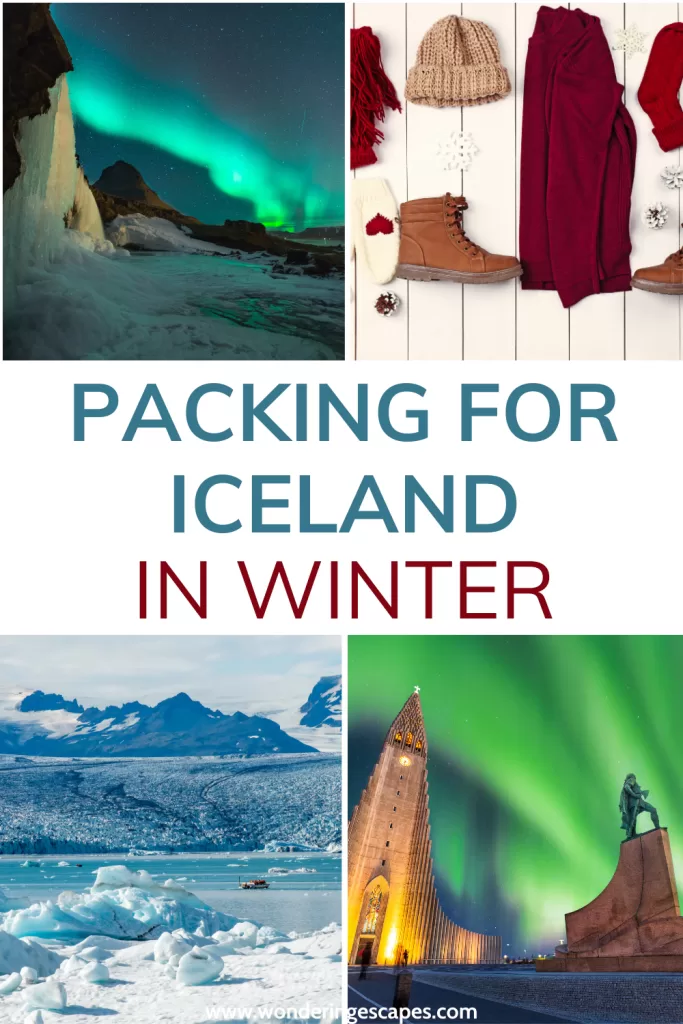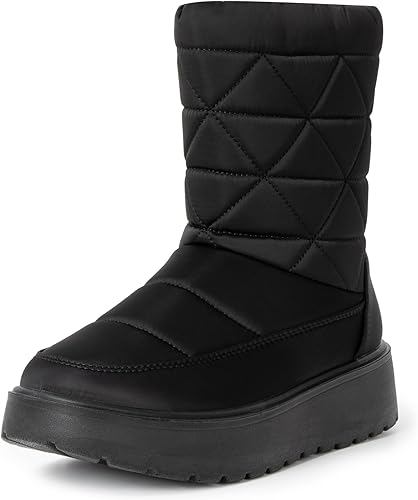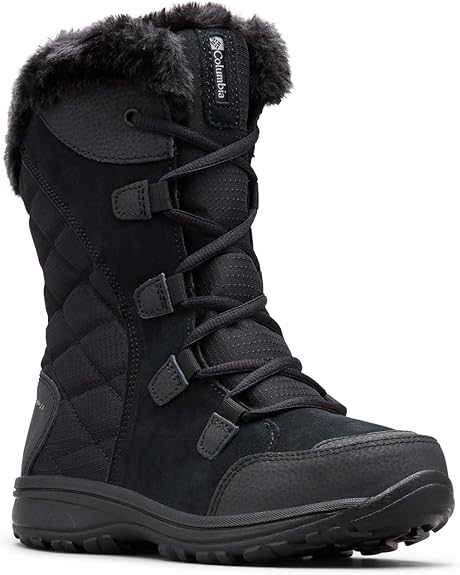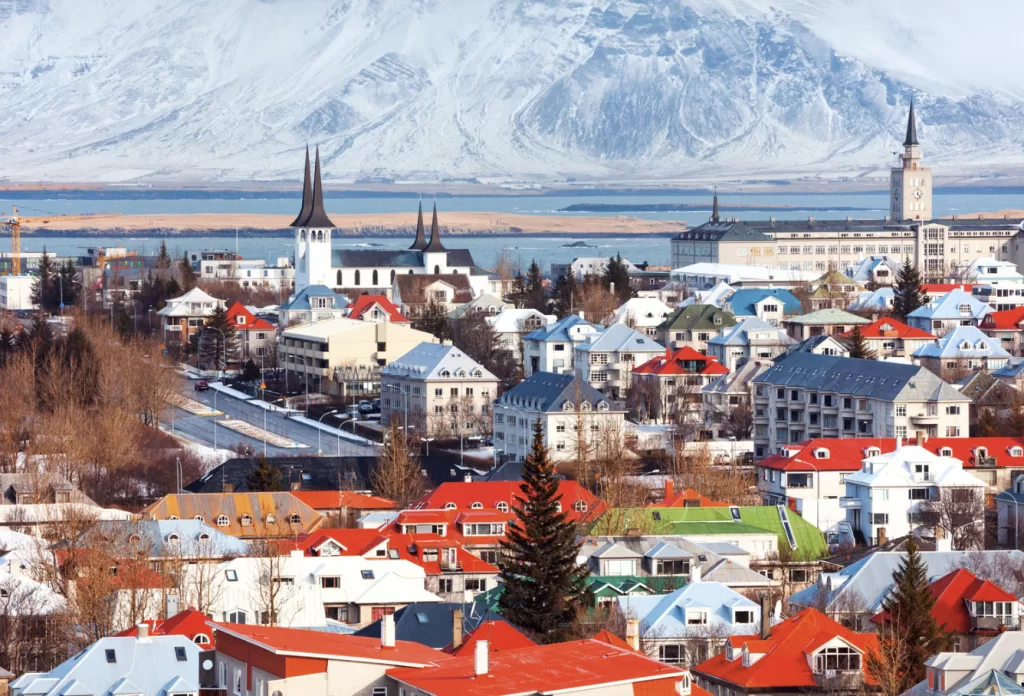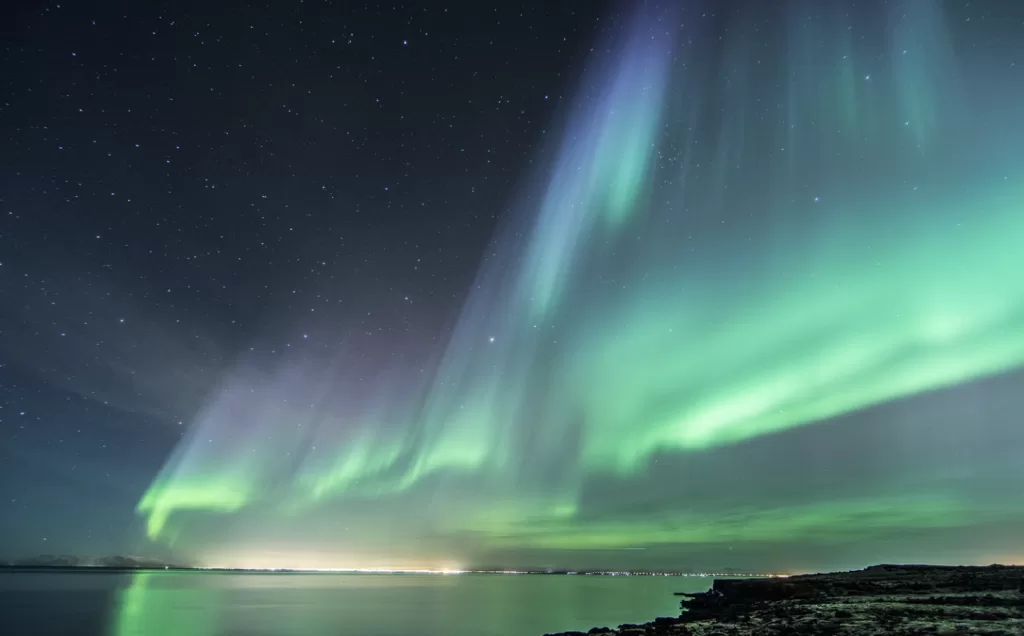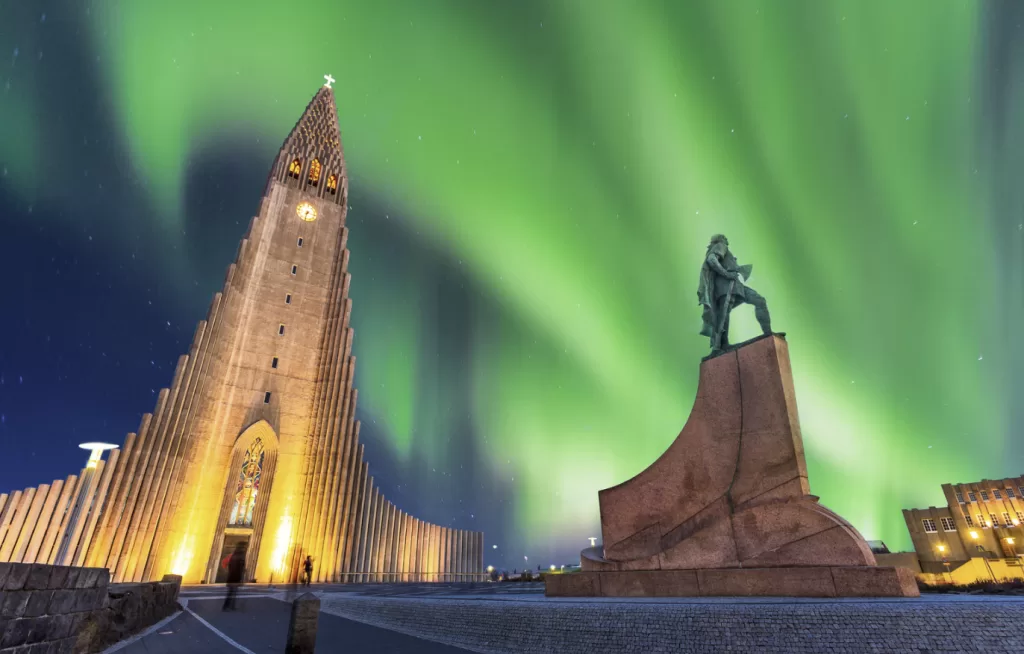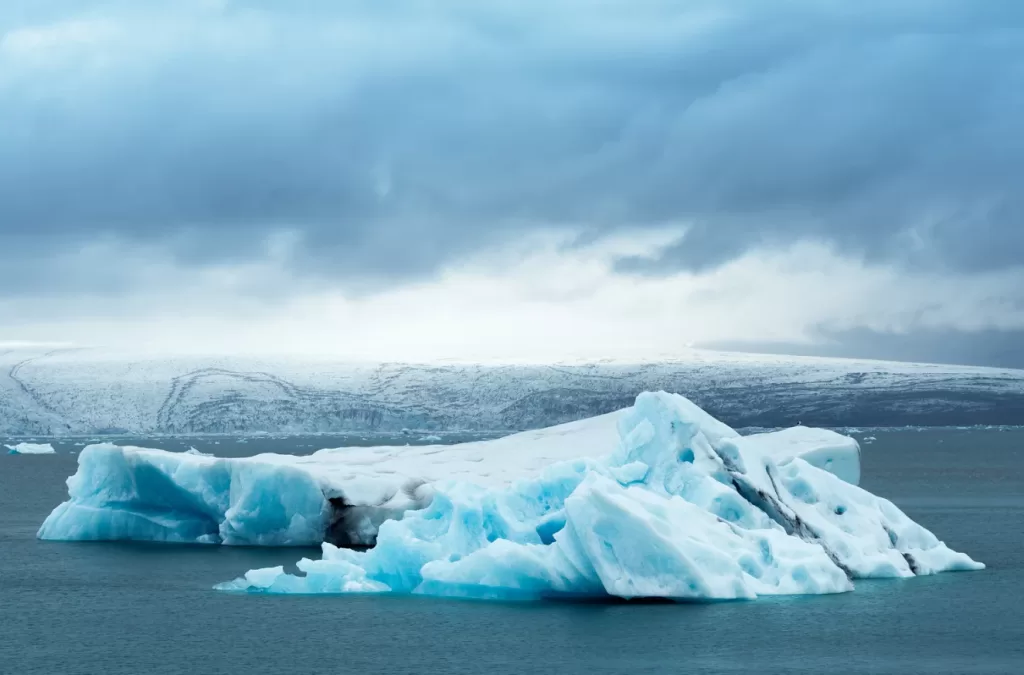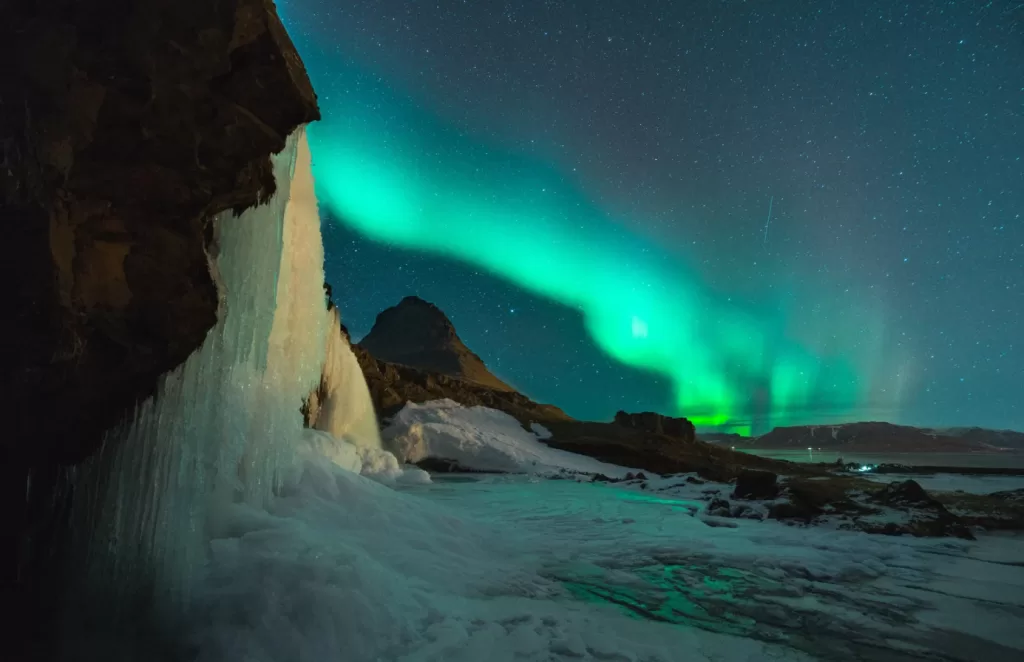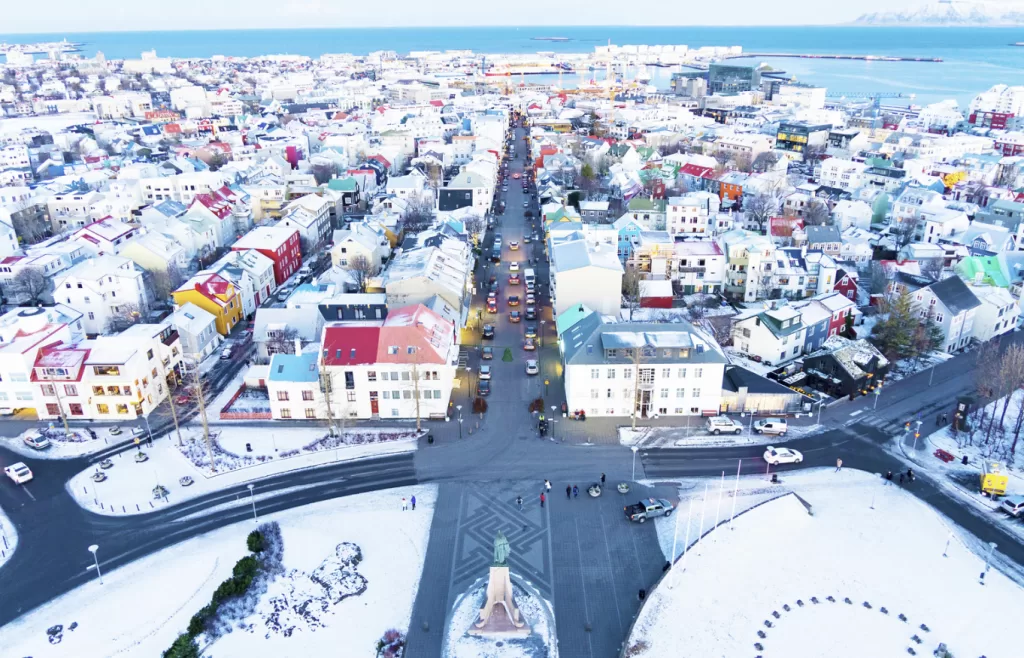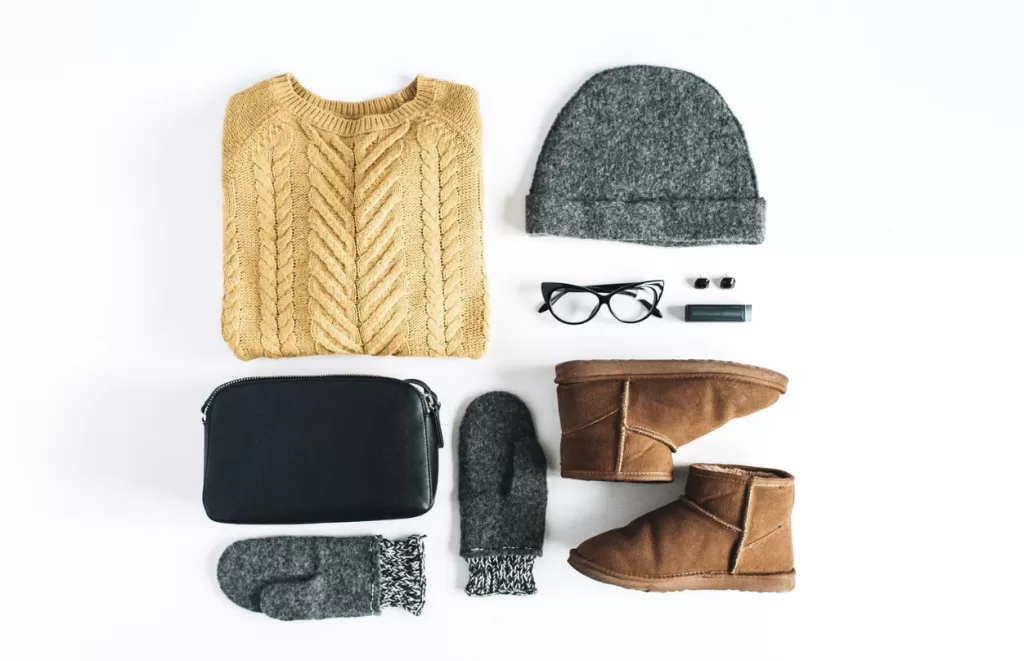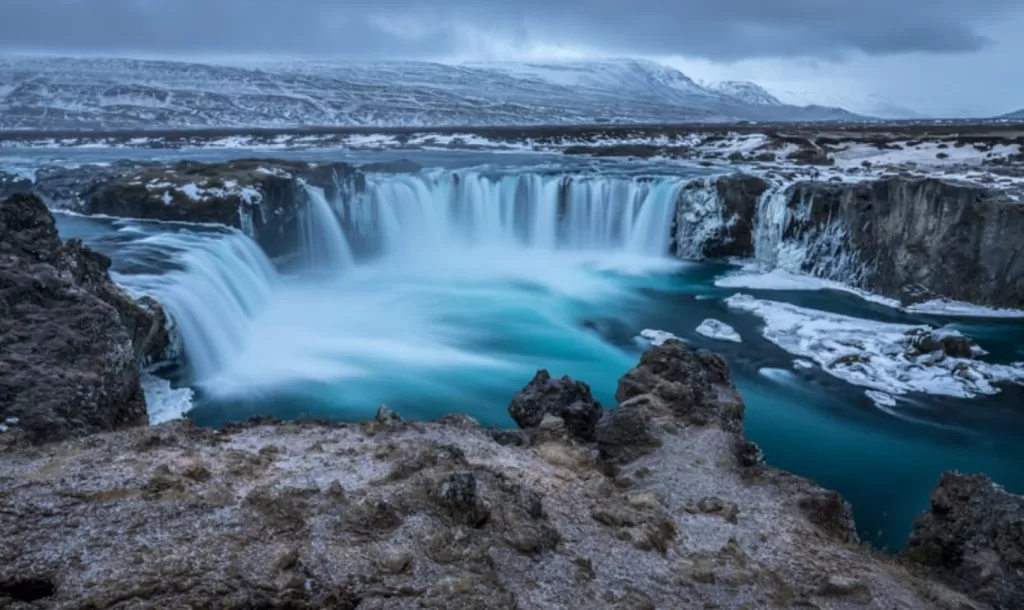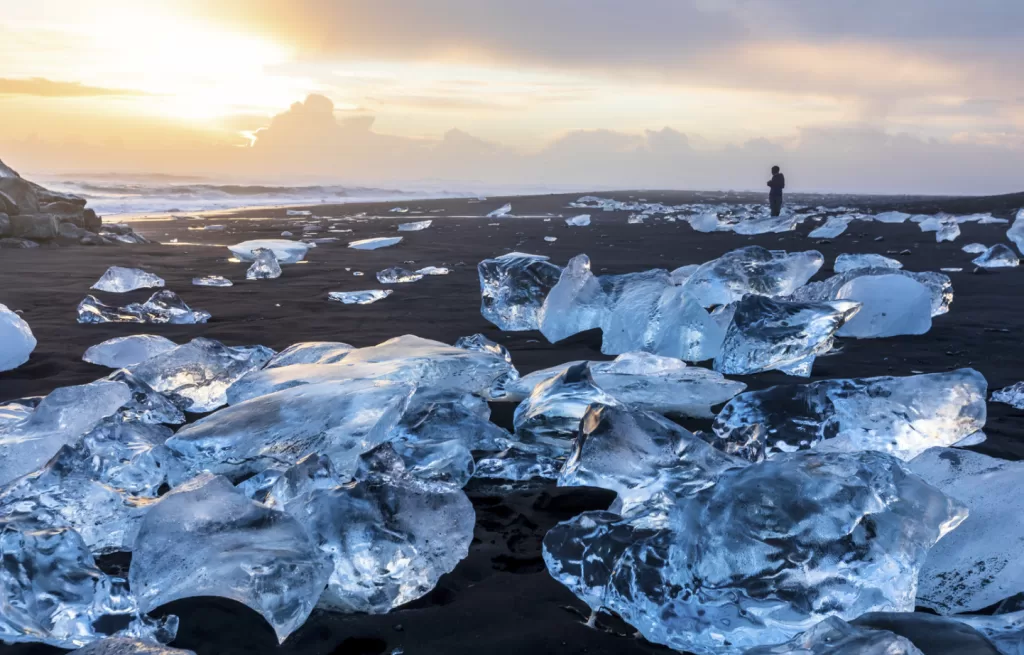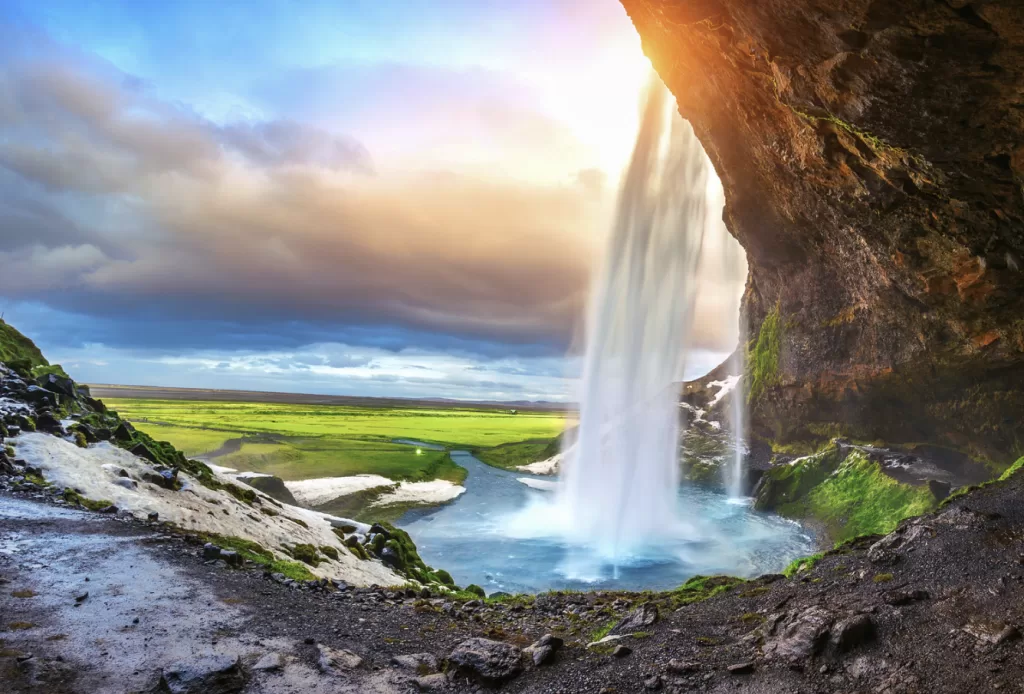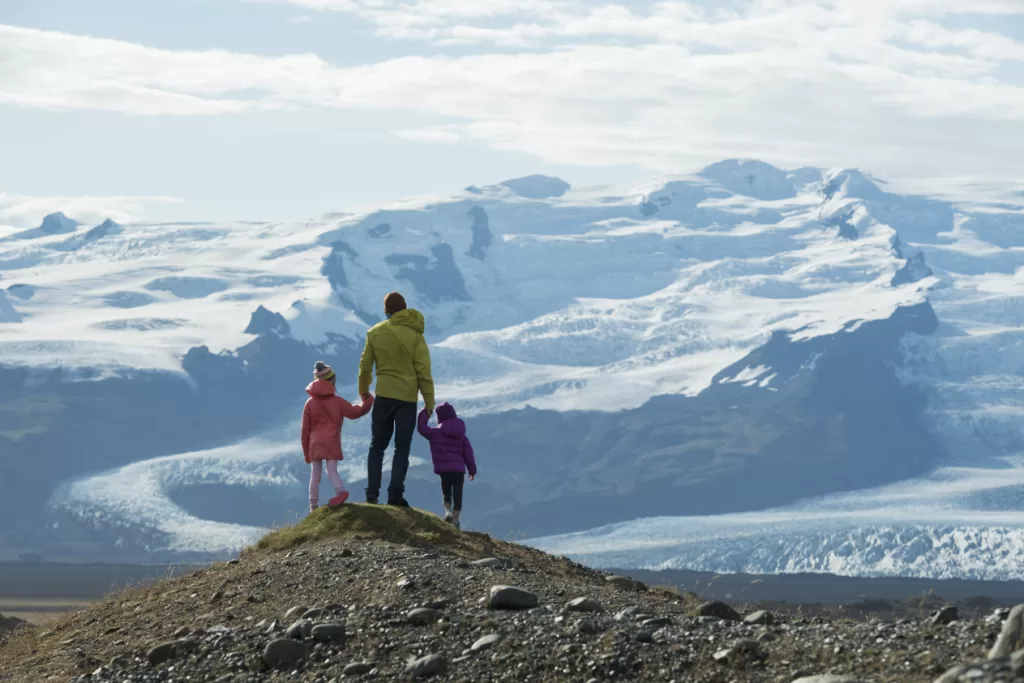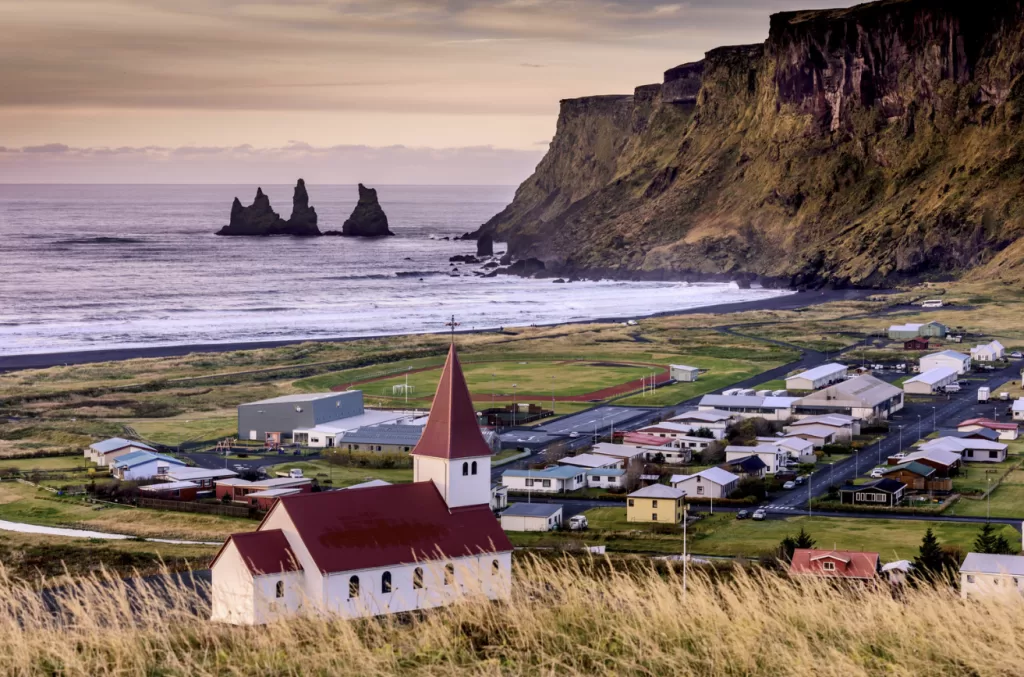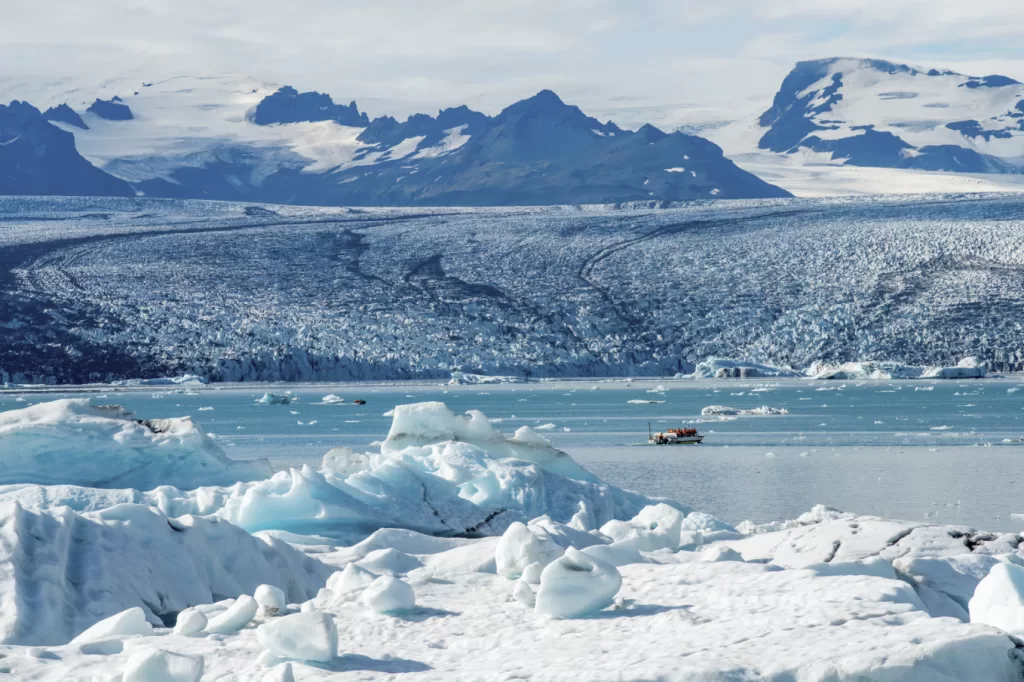
What to Pack for Iceland in Winter? Essentials for Your Adventure
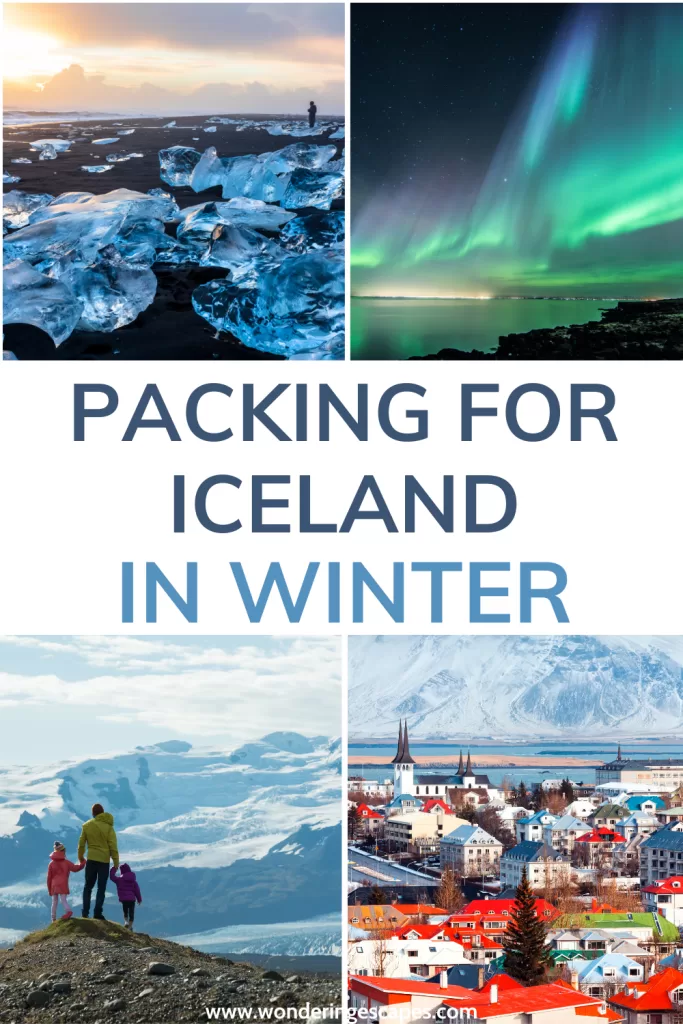
This site contains affiliate links. I may earn a small commission, at no extra cost to you.
Did you know that despite its name, Iceland’s average winter temperature hovers around 32°F (0°C) – warmer than New York City in winter! But don’t let that fool you. The island’s legendary wind chill and rapidly changing weather can make it feel much colder. Whether you’re chasing the Northern Lights or exploring ice caves, having the right gear can make or break your Icelandic adventure. Let’s dive into the ultimate packing list that will keep you warm, dry, and ready for anything!
You may also like this:
You might like these products:
 Senllen Balaclava Cold Weather Fleece Windproof Ski Mask Winter Breathable Thermal Face Mask Neck Warmer Scarf Helmet Hood
Senllen Balaclava Cold Weather Fleece Windproof Ski Mask Winter Breathable Thermal Face Mask Neck Warmer Scarf Helmet Hood
 NovForth Winter Neck Warmer Men Ski, Neck Gaiter Face Scarf Women, Fleece Scarf for Men Gaiter Mask, Thick Windproof Scarves
NovForth Winter Neck Warmer Men Ski, Neck Gaiter Face Scarf Women, Fleece Scarf for Men Gaiter Mask, Thick Windproof Scarves
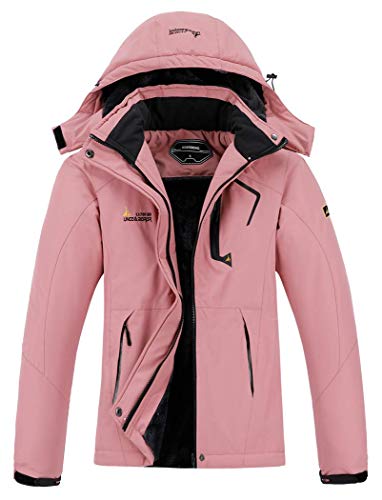 MOERDENG Women's Waterproof Ski Jacket Warm Winter Snow Coat Mountain Windbreaker Hooded Raincoat Jacket
MOERDENG Women's Waterproof Ski Jacket Warm Winter Snow Coat Mountain Windbreaker Hooded Raincoat Jacket
 GSOU SNOW Women Ski Suit One Piece Snowsuit Snowboard Faux Fur Collar Slim Jumpsuit Jacket Insulated Windproof Outdoor Winter
GSOU SNOW Women Ski Suit One Piece Snowsuit Snowboard Faux Fur Collar Slim Jumpsuit Jacket Insulated Windproof Outdoor Winter
 Achiou Winter Gloves, Glove for Men Women, Upgraded Touch Screen Texting Warm Running with Thermal Soft Knit Lining
Achiou Winter Gloves, Glove for Men Women, Upgraded Touch Screen Texting Warm Running with Thermal Soft Knit Lining
 ANRABESS Women's Oversized Crewneck Long Sleeve Fuzzy Knit Casual Chunky Warm 2025 Fall Pullover Sweaters Top Trendy Outfits
ANRABESS Women's Oversized Crewneck Long Sleeve Fuzzy Knit Casual Chunky Warm 2025 Fall Pullover Sweaters Top Trendy Outfits
Essential Winter Clothing Layers
When it comes to what to pack for Iceland in winter, layering is your absolute best friend. The Iceland winter weather can be unpredictable, with weather conditions changing dramatically within hours – I’ve experienced sunshine, rain, snow, and hail all in one dry day! The best way to stay comfortable is to master the art of layering, following what locals call the “three-layer rule.”
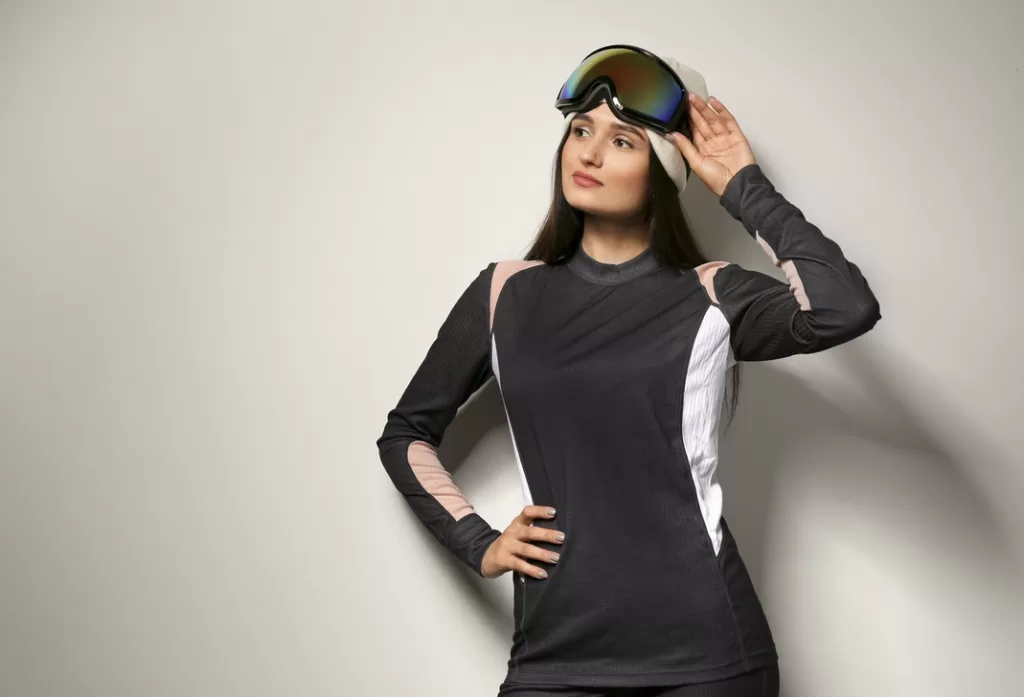
Base Layer: Your Second Skin
Your thermal base layers are the most important layers that sit directly against your skin, working as a moisture-wicking foundation. Merino wool is my personal favorite and the best option for several reasons:
- Naturally odor-resistant (perfect for long days of exploration)
- Maintains warmth even when damp
- Regulates body temperature effectively
- Feels soft against skin, unlike traditional wool
- Dries quickly overnight for reuse
Invest in at least two sets of thermal underwear, including thermal leggings and long sleeve shirts. For a 7-day trip, I recommend:
- 2-3 thermal top options
- 2 pairs of thermal leggings
- 1 lightweight base layer for milder days
- 1 heavyweight base layer for extreme cold
- Extra base layers if you’re planning extensive outdoor activities
Avoid cotton at all costs – it retains moisture and can lead to dangerous cooling once wet. The good news is that quality base layers are lightweight and easy to pack.
Middle Layer: The Insulation Zone
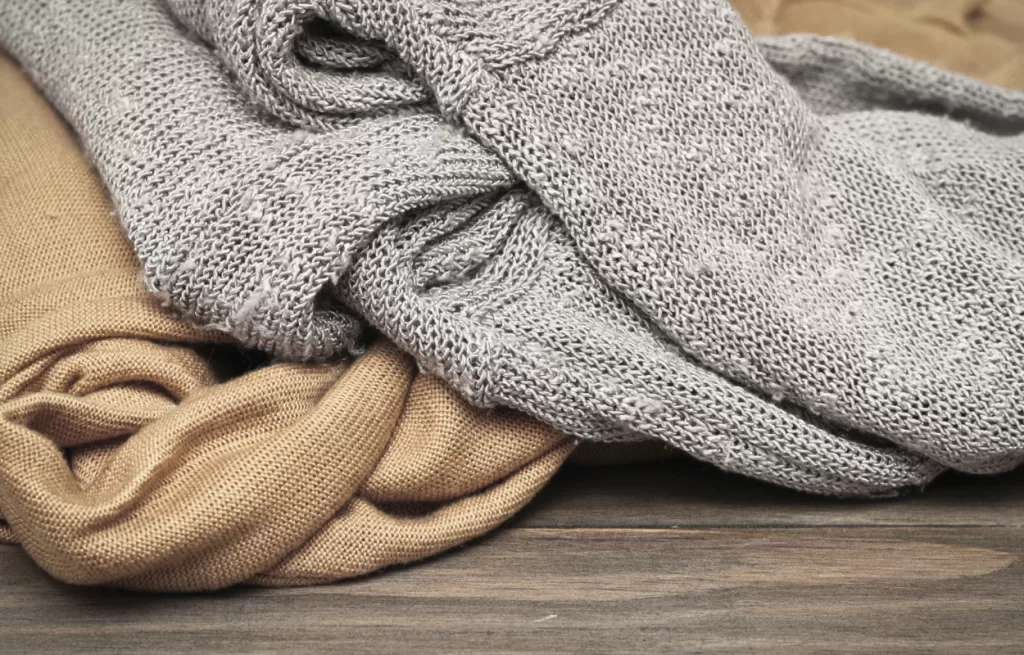
Your middle layer is crucial for trapping warm air next to your body. This is where you have several great options:
Fleece Options:
- Lightweight fleece for mild days
- Heavy-weight fleece for colder conditions
- Fleece vest for core warmth
- Good choices include brands like Patagonia R1 or The North Face
Wool Options:
- Wool sweater (traditional or modern)
- Icelandic sweaters (lopapeysa) make an excellent time-tested choice
- Merino mid-layers for extra warmth without bulk
Down or Synthetic Options:
- Packable down jacket as mid-layer
- Synthetic puffy jacket (better when wet)
- Insulated vest for core warmth
Pro tip: Pack at least 2-3 different middle layer options since this is the layer you’ll adjust most frequently during your winter travel.
Outer Layer: Your Weather Shield
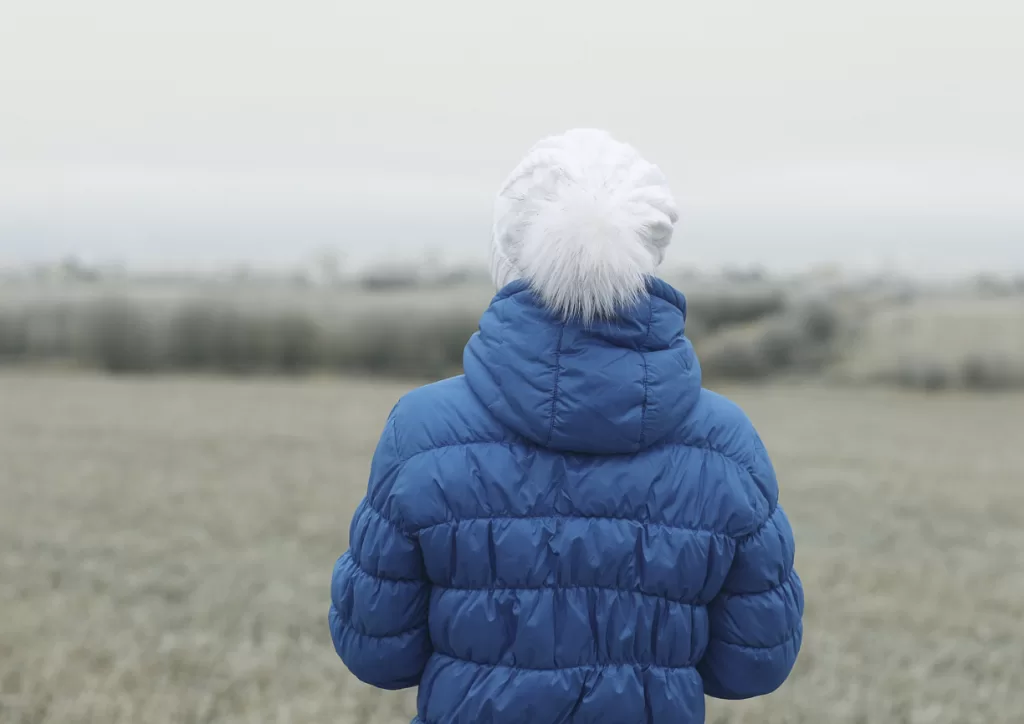
Your outer layer is your armor against Iceland’s elements, and it’s worth investing in quality pieces. A proper waterproof jacket is non-negotiable. Look for these features:
Winter Jacket Requirements:
- Genuinely waterproof (not just water-resistant)
- Windproof construction
- Breathable material
- Hood with adjustable closures
- High collar for neck protection
- Sufficient length to cover hips
- Sealed or taped seams
- Plenty of accessible pockets
- Underarm vents for temperature regulation
Down jackets are great options but ensure they have a waterproof shell – wet down loses its insulating properties. My best advice is to invest in a high-quality jacket that’s one size larger than your usual size to accommodate layers underneath.
Lower Body Protection
Waterproof pants or waterproof trousers are essential for Iceland’s winter conditions. Consider these options:
Everyday Wear:
- Insulated snow pants
- Soft-shell hiking pants
- Fleece-lined leggings under waterproof pants
Activity-Specific Options:
- Rain pants for sudden weather changes
- Ski pants for winter sports
- Convertible hiking pants with thermal underlayer
Extremities Protection
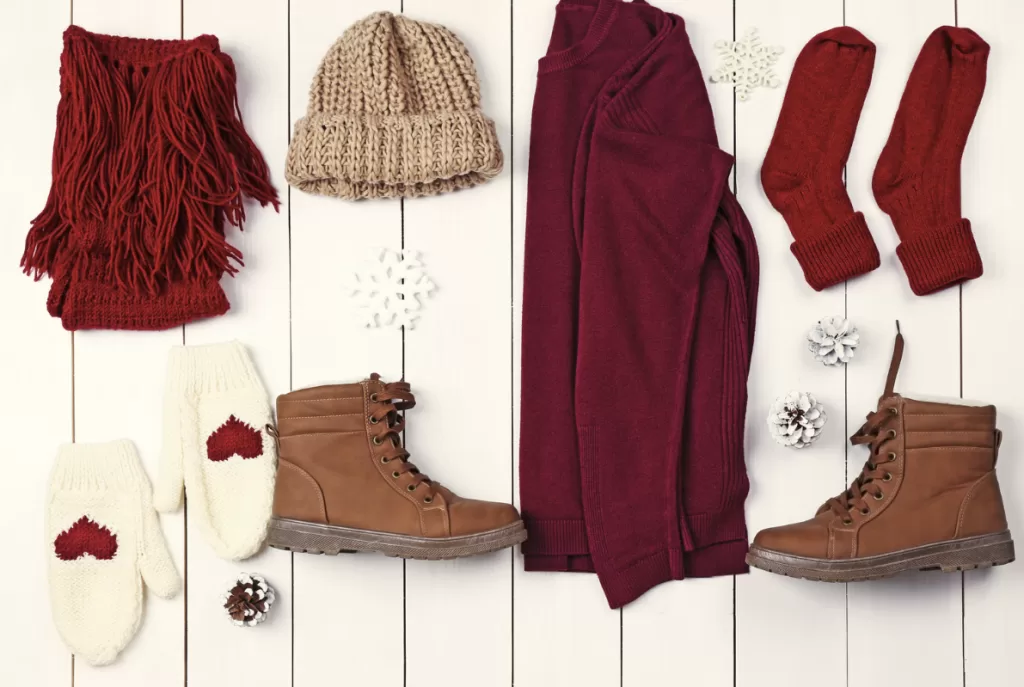
Protecting your extremities is crucial – they’re usually the first to feel cold. Here’s your complete guide:
Hand Protection:
- Thin liner gloves (touchscreen compatible)
- Good pair of gloves (waterproof gloves or windproof gloves)
- Emergency mittens for extreme cold
- Consider hand warmers for outdoor activities
Foot Protection:
- 4-5 pairs of wool socks in varying thicknesses
- Sock liners for extra warmth
- Waterproof hiking boots rated for winter
- City boots for evening activities
- Boot dryers or extra pairs of socks
Head Protection:
- Warm, windproof hat
- Balaclava or neck gaiter
- Ear protection
- Backup hat (they’re easy to lose!)
Additional Layer Management Tips
- Morning Preparation:
- Check daily weather forecasts
- Plan layers based on activities
- Pack extra layers in a daypack
- Consider wind chill factor
- Activity Adjustments:
- Remove layers before starting strenuous activities
- Add layers immediately during breaks
- Keep emergency dry layers in waterproof bags
- Change wet base layers as soon as possible
- Evening Recovery:
- Dry wet gear promptly
- Air out wool sweater and base layers
- Prepare layers for next day
- Clean and treat waterproof jacket as needed
- Special Considerations:
- Pack an extra layer for northern lights viewing
- Bring dedicated nice outfit for best restaurants
- Consider packable extra warm clothes for emergencies
- Include some lightweight options for indoor activities
Remember, while this might seem like a lot of clothing, proper layering is your key to enjoying Iceland’s winter wonderland comfortably. The best thing about this system is its flexibility – you can add or remove layers as conditions change, ensuring you’re comfortable whether you’re hiking a glacier or enjoying a cozy café in Reykjavík.
Pro tip: If you’re concerned about packing space, wear your bulkiest items (like your winter jacket and snow boots) during travel, and consider vacuum bags for compressing layers in your suitcase.
Weather-Specific Gear and Accessories
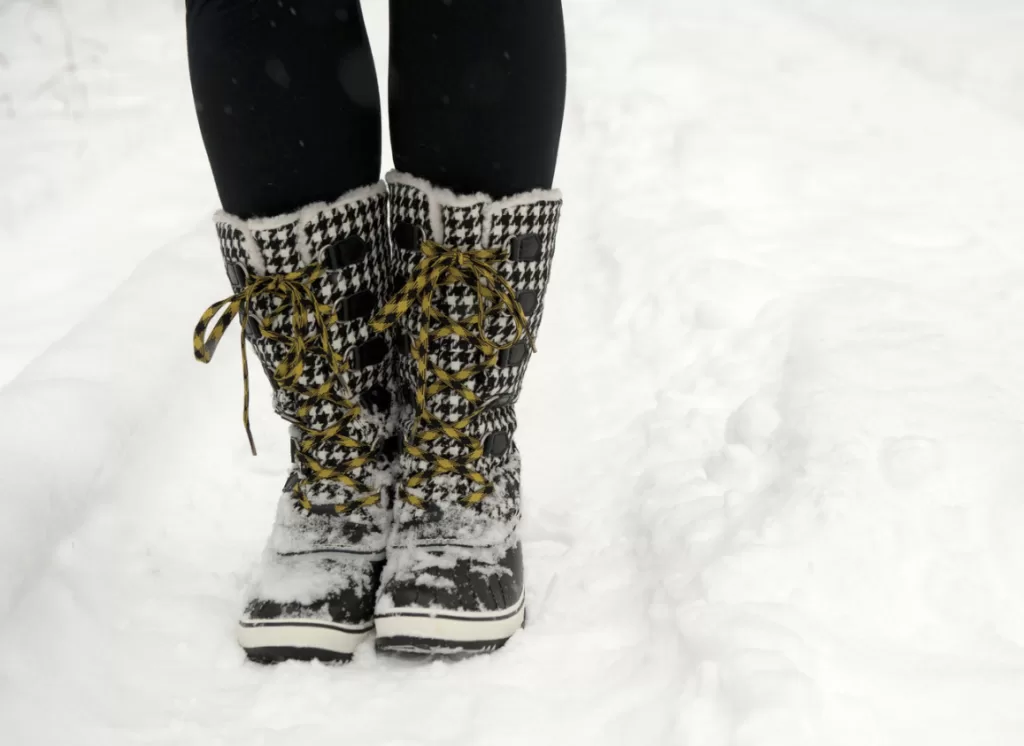
The demanding Iceland winter weather requires specialized gear, especially during the winter months when hours of daylight are limited. Having experienced everything from gentle snowfall to horizontal sleet, I’ve learned that success in Iceland’s harsh weather comes down to having the right equipment for every situation.
Essential Footwear
Primary Boots
Your waterproof hiking boots with good grip are your best friend during winter travels. They’ll be your best bet for everything from city walking to a glacier hike. Based on extensive experience, here’s what to look for:
Key Features:
- Waterproof membrane (Gore-Tex or similar)
- Insulation rated to at least -20°C (-4°F)
- High ankle support (at least 6 inches)
- Aggressive tread pattern
- Quick-lacing systems for easy adjustment
- Breathable material
- Removable insoles
- Reinforced toe cap
Boot Care Tips:
- Treat with waterproofing spray before trip
- Dry thoroughly each evening
- Pack spare laces
- Consider boot dryers for multi-day trips
- Clean salt residue regularly
Additional Footwear
- Lightweight indoor shoes
- Slip-resistant boots for city exploration
- Waterproof slip-ons for hot tubs
- Emergency backup boots for extreme conditions
Traction Devices
Good grip isn’t always enough in winter weather. Pack:
- Microspikes for icy conditions
- Crampons for glacier activities
- YakTrax for city walking
- Anti-slip sole pads
- Emergency traction cleats
Hydration Systems
Staying hydrated in cold weather is crucial but requires specific gear:
Water Containers
- Insulated reusable water bottle (32oz minimum)
- Thermos for hot beverages (16-20oz recommended)
- Wide-mouth bottles for easy filling
- Bottle insulation sleeves
- Spare bottle caps
Skip the bottled water and its extra cost – Iceland’s tap water is exceptional. Just ensure your containers are:
- Leak-proof
- Freeze-resistant
- Easy to clean
- Durable in cold temperatures
- Compatible with backpack holders
Thermal Protection Gear
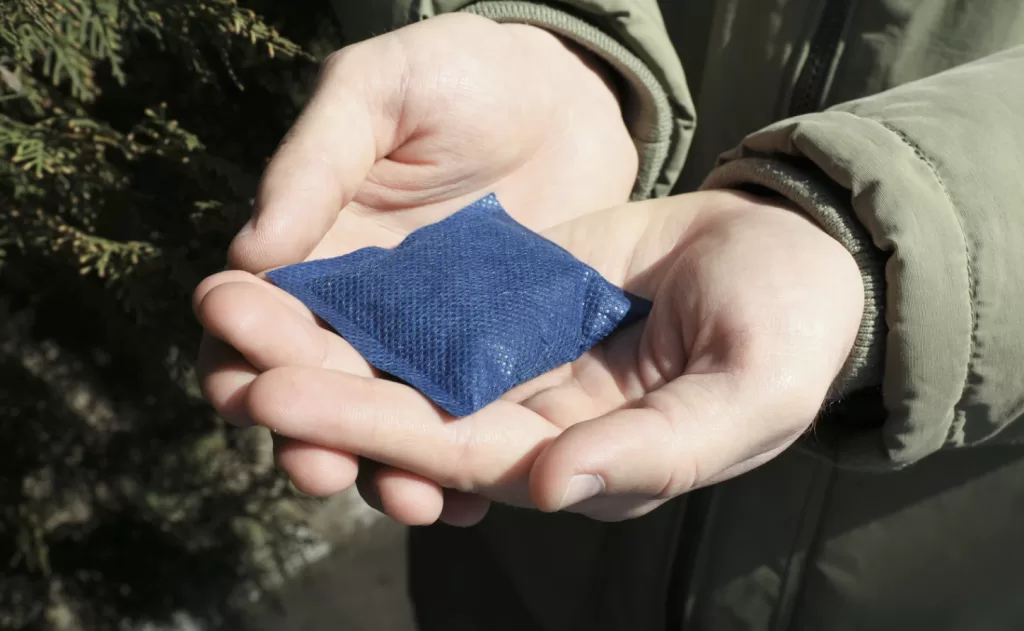
Hand Warmers
- Chemical heat packs
- Rechargeable hand warmers
- Battery-powered options
- Pocket warmers
- Toe warmers for boots
Body Warmers
- Adhesive heat patches
- Warming insoles
- Neck warmers
- Lower back heat pads
- Reusable heat packs
Swimming and Geothermal Gear
For natural hot springs and the Blue Lagoon, pack:
Essential Swim Items
- Quick-dry swimsuit (pack two)
- Water-resistant flip-flops
- Quick-dry towel (pack two)
- Waterproof phone case
- Change robe or poncho
Hair & Skin Protection
- Swimming cap
- Leave-in conditioner
- Silicone ear plugs
- Waterproof sunscreen
- After-swim moisturizer
Hot Springs Accessories
- Waterproof bag for wet items
- Non-slip water shoes
- Mesh bag for gear
- Plastic bags for wet swimwear
- Quick-dry underwear
Weather Protection Accessories
Face & Skin Protection
- Heavy-duty face moisturizer
- Multiple tubes of lip balm
- High SPF sunscreen
- Wind-protective face mask
- Healing salve for wind burn
Eye Protection
- Polarized sunglasses
- Goggles for extreme conditions
- Contact lens solution
- Eye drops for wind protection
- Backup prescription glasses
Bags and Carriers
Daypack Requirements
- Waterproof or water-resistant material
- Multiple compartments
- Padded laptop sleeve
- External attachment points
- Compression straps
- Rain cover
- Hip belt for weight distribution
Organizational Tools
- Waterproof stuff sacks
- Dry bags in various sizes
- Compression bags
- Electronics organizer
- Wet/dry separation bags
Electronics Protection
Weather-Resistant Gear
- Waterproof phone case
- Camera rain cover
- Lens cleaning kit
- Waterproof power bank case
- Cable organization system
Cold Weather Electronics
- Cold-resistant batteries
- Hand warmer pockets for devices
- Insulated camera bag
- Moisture-absorbing packets
- Emergency backup charger
Emergency Weather Gear
Safety Equipment
- Emergency blanket
- Portable shelter
- Chemical light sticks
- Mini first-aid kit
- Emergency poncho
Navigation Tools
- Compass
- Physical maps
- GPS device
- Headlamp with extra batteries
- Emergency whistle
Specialty Activity Gear
Photography Equipment (see section below)
- Lens filters for snow
- Camera rain sleeve
- Tripod spike feet
- Lens warming packs
- Microfiber cloths
Hiking Accessories
- Trekking poles
- Gaiters
- Emergency shelter
- Signal mirror
- Trail markers
Comfort Accessories
Wind Protection
- Neck gaiter
- Wind-resistant hat
- Earmuffs
- Face shield
- Hand muffs
Temperature Regulation
- Layering pieces
- Ventilation accessories
- Cooling towels for hot tubs
- Sweat-wicking headbands
- Temperature-regulating socks
Travel Comfort Items
Rest & Recovery
- Eye mask for long days
- Travel pillow
- Muscle relief patches
- Foot care kit
- Compression socks
Convenience Items
- Collapsible coffee cup
- Snack containers
- Hand sanitizer
- Wet wipes
- Multi-tool
Maintenance and Care
Gear Maintenance
- Waterproofing spray
- Leather conditioner
- Gear repair kit
- Boot wax
- Seam sealer
Daily Care Routine
- Evening Gear Check:
- Dry all wet items
- Check for damage
- Prepare for next day
- Clean as needed
- Recharge devices
- Morning Preparation:
- Weather check
- Gear selection
- Pack check
- Battery check
- Route planning
Remember, while this list might seem extensive, Iceland’s weather demands preparation. The best thing about being well-equipped is the freedom to fully enjoy your adventures without weather concerns. As the locals say, “There’s no such thing as bad weather, only bad clothing (and gear)!”
Pro Tips:
- Test all gear before your trip
- Keep critical items in carry-on
- Create a daily gear checklist
- Monitor wear and tear
- Clean and maintain regularly
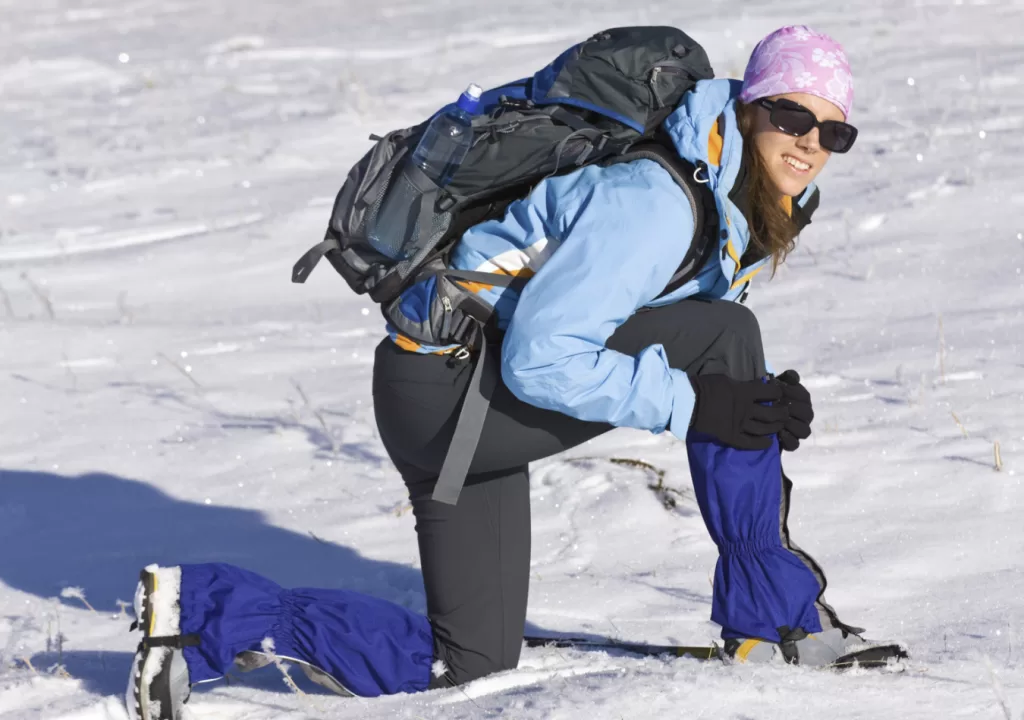
Photography and Electronics
Capturing the northern lights and Iceland’s winter wonderland requires special consideration for your camera gear. The cold weather can wreak havoc on electronics, so preparation is key. As someone who’s photographed countless northern lights displays, I can tell you that having the right place and the right gear makes all the difference.
Camera Equipment
Your photography packing list should include:
- Camera with manual settings (for northern lights photography)
- Wide-angle lens (ideal for landscapes and aurora)
- Extra batteries (the cold drains them faster)
- Weather-sealed camera bag
- Tripod (essential for night photography)
- Power bank for emergency charging
- Lens cleaning kit (for snow and spray)
- Remote shutter release
- Memory cards (more than you think you’ll need)
- Lens warmers (prevents condensation)
Additional Electronics
Don’t forget your electrical essentials:
- European plugs adapters
- Charging cables
- Portable charger
- Universal power strip
- Voltage converter if needed
- Device-specific cleaning supplies
- Waterproof cases or covers
Specialized Photography Tips
For northern lights photography:
- Pack hand warmers for batteries
- Bring a headlamp with red light mode
- Consider lens filters for daytime shots
- Pack microfiber cloths in abundance
- Bring emergency shelter for weather changes
Essential Documents and Money Items
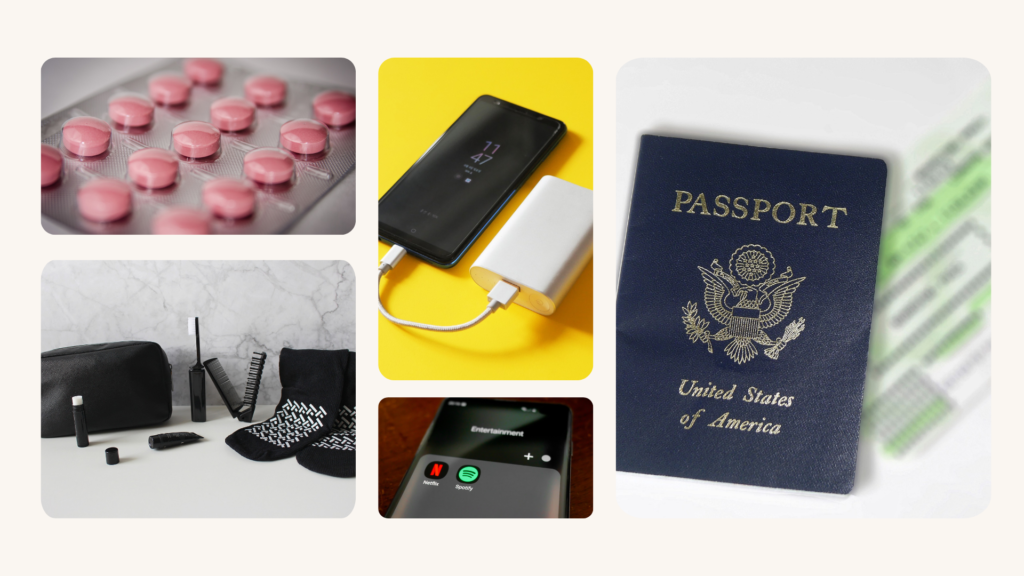
While exploring Iceland’s small towns and Iceland’s Ring Road, having the right documents and payment methods is crucial. The good news is that Iceland is largely a cashless society, and your credit card will be accepted almost everywhere, even in the most remote locations.
Must-Have Documents
Essential documents include:
- Valid passport
- Travel insurance documentation (absolutely essential for winter sports and activities)
- Driving license and International Driving Permit
- Printed copies of accommodation bookings
- Emergency contact information
- Health insurance cards
- Vehicle rental documentation
- Tour booking confirmations
- Travel itinerary copies
Financial Preparations
Before your winter trip, ensure you have:
- Multiple credit card options
- Small amount of local currency
- Copies of important documents stored digitally
- Emergency fund access
- Travel insurance contact information
- Bank travel notifications set
- Mobile payment apps set up
Health and Personal Care
Staying healthy during your Iceland winter packing list adventures requires some preparation. The combination of cold weather and indoor heating can be tough on your body, especially if you’re spending a long time outdoors.
Medical Essentials
Pack these essentials:
- Regular medications with prescriptions
- Basic first aid kit
- Cold and flu remedies
- Pain relievers
- Bandages and blister treatment
- Motion sickness medication
- Prescription copies
- Emergency medical information
Personal Care Items
Don’t forget:
- Hand sanitizer
- Moisturizing skincare products
- Eye mask for sleeping
- Travel-sized toiletries
- Dental care items
- Contact lenses and solution
- Feminine hygiene products
- Hair care essentials
Extra Tips and Tricks
A few final pieces of wisdom for your winter trip:
Transportation Considerations
- Consider renting a camper van? Pack extra warm clothesand sleeping bags rated for extreme cold. Additional items for campers:
- Cooking equipment
- Extra blankets
- Emergency food supplies
- Portable heater
- Carbon monoxide detector
Photography Planning
- Planning to photograph the northern lights? This is an excellent time to visit, with fewer touristsand dark skies. Tips for success:
- Research aurora forecasts
- Scout locations during daylight
- Pack emergency supplies
- Bring navigational tools
- Join photography groups
Activity-Specific Gear
- Exploring the Golden Circle? Pack extra layers– the viewing points can be extremely windy. Consider:
- Traction devices for shoes
- Walking poles
- Hand warmers
- Emergency shelter
- High-energy snacks
Urban Adventures
- Keep a nice outfit or two for enjoying Reykjavik’s best restaurants– Icelanders dress well despite the cold! Urban essentials:
- Smart casual clothing
- Comfortable yet stylish boots
- Evening bag
- Weather-appropriate accessories
- Restaurant reservations
Remember, when debating what to pack for Iceland in winter, it’s better to bring too much than too little. The best thing about packing layers is the flexibility they provide. You might experience rain, snow, wind, and sunshine all in one day, but with the right gear, you’ll be ready for anything this winter wonderland throws at you!
A final pro tip: leave a little bit of space in your suitcase for shopping. Those authentic woolen sweaters make for amazing souvenirs and will keep you warm for years to come! And don’t forget to check road conditions daily – it’s a great time to be flexible with your plans and let the weather guide your adventure.
Conclusion
Packing for Iceland in winter might seem overwhelming, but with this comprehensive list, you’ll be perfectly prepared for your arctic adventure! Remember – it’s better to pack a few extra layers than to spend your vacation feeling cold. The key is versatility and weatherproofing. And here’s a pro tip from my experiences: don’t forget to leave some space in your suitcase for unique Icelandic wool sweaters! Ready to explore the land of fire and ice? Pack smart, stay warm, and get ready for the adventure of a lifetime!
You may also like this:
